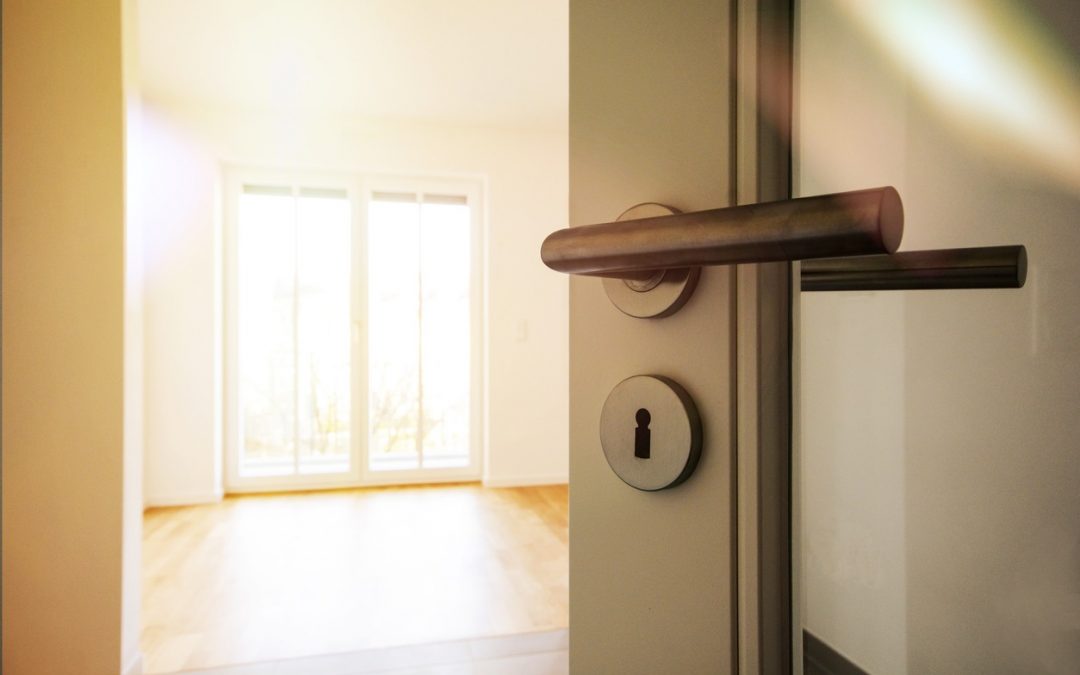If you live alone or have extra space in your home, you may have considered renting out a room in your house as an option to earn some extra income. Whether you live close to a vacation destination or are debating looking for a long-term tenant, renting a room in your home as opposed to an entire unit can often be a more affordable option for renters.
Renting a Room: Pros
– The supplemental income from renting space you’re not using can help you manage mortgage costs, utilities and other property expenses from month to month. If your mortgage is paid off, you’ll find yourself with extra savings to put toward goals like renovations or expansion.
– If you’re considering investing in real estate down the line, renting a room in the same home you occupy is a great way to “test the waters” of property management before making a bigger commitment.
– Depending on your local rules and regulations, many homeowners interested in this process qualify for a significant tax deduction.
– If you’re specifically considering the possibility of short-term renters, you have a lot of flexibility to make money as often as you need without committing to someone moving into your house full-time.
Renting a Room: Cons
– You’ll be sharing your space with a potential stranger, so make sure to follow proper tenant screening protocols.
– Even though you own the home, you’ll be entering into a contract with your new tenant and therefore the space is not yours to use as you please. There will be legal restrictions that dictate how and when you can enter a tenant’s space.
– You’ll need to be cautious about splitting up costs like utilities, which are likely to increase with another person in the home.
– Rental income is taxed, so be sure to set aside some of your extra money to go toward this expense.
– There is the potential for conflict with tenants, especially those who are there for the long-term. You may have to deal with issues like late rent, contract breaches or–worst case scenario–eviction.
Short-Term vs. Long-Term Renters
These days, with the popularity of platforms like Airbnb and VRBO, it’s easier than ever to choose short-term renters over long-term tenants. You have the ability to limit the length of time tenants can rent your extra space out.
Short-term renters are a great option for those new to property management, especially if you live in a popular city or close to a major tourist attraction (think beaches, concert venues, sports stadiums, ski resorts, etc.). Keep in mind that you may need to invest some money into upgrading your space through decor, furniture or other amenities in order to attract guests and make sure your reviews are strong.
If you’re looking for a more consistent stream of income, you might be better suited for long-term renters who make regular monthly payments. Since they’ll be around for a longer period of time, you won’t need to take care of things like screening and cleaning as often. However, this is more of a commitment as you’ll be sharing other parts of the home like laundry rooms, storage space and outdoor space.
Final Thoughts
Before you commit to either scenario, be sure to research rules and regulations in your state surrounding rental properties and landlord-tenant law. Always conduct background checks and create detailed contracts to ensure you’re renting to responsible and qualified tenants. Renting out a room may not be the right situation for everyone, but it is something to consider if you have the space and are looking for some additional income.
Brentnie Daggett is a writer and infographic master for the rental and property management industry. She loves to share tips and tricks to assist landlords and renters alike. To learn more about Daggett, and to discover more great tips for renters, visit www.rentecdirect.com.
This article first appeared on RISMedia’s blog, Housecall.

